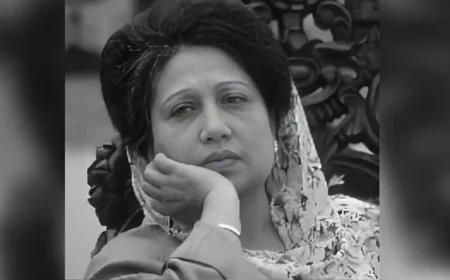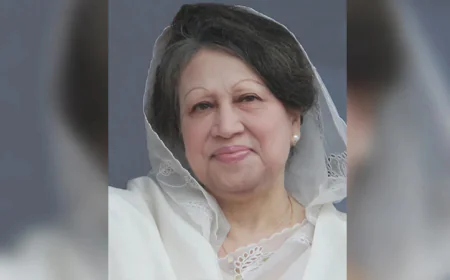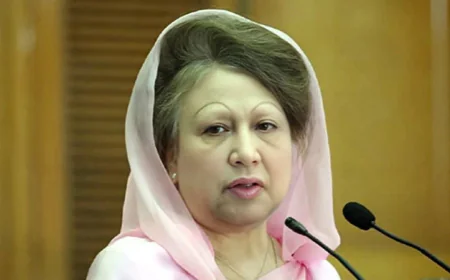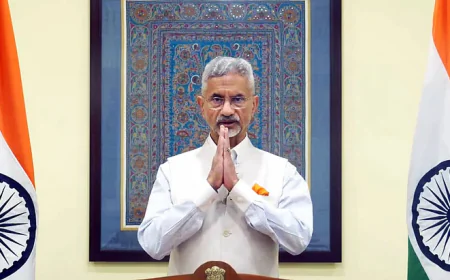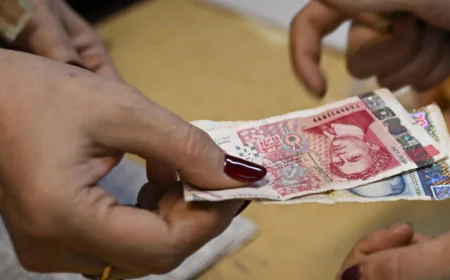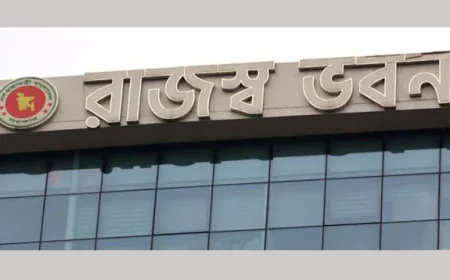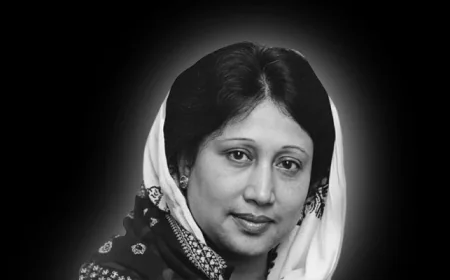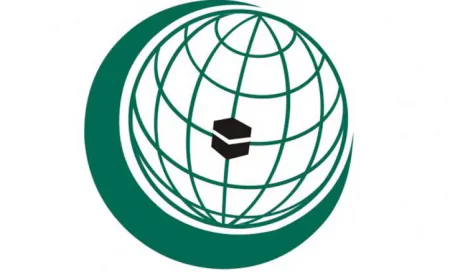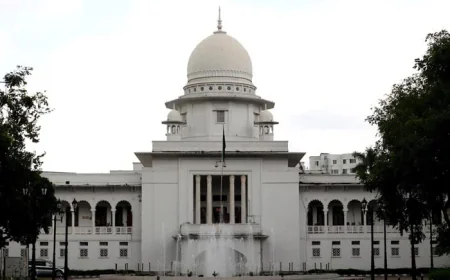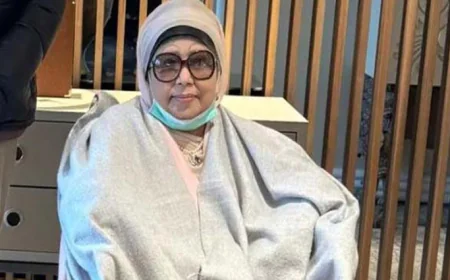Private Medical College Admissions: Students Discouraged by Automation

Over 700 Seats Vacant as Many Skip Admission Due to Unpreferred College Allotment Disorder continues in the admission process of private medical colleges in Bangladesh. Insiders report that under the guise of automation, the process has become increasingly complicated, discouraging students from pursuing a career in medicine. Previously, after the introduction of private medical colleges, students could enroll in their preferred institutions based on merit. A nationwide entrance exam was held simultaneously, and based on the results, students would first get admitted to public medical colleges. Subsequently, they could choose to enroll in private ones, often according to their preferences. However, in the past three years, there has been a drastic change in the admission procedure for private medical colleges. Despite facing strong opposition from stakeholders, automation was introduced as part of an effort to “regulate the quality of medical education.” This system has remained in place through the current academic year, leaving many students and parents frustrated and angry. As of now, more than 700 seats in private medical colleges remain unfilled.
A look at previous years shows that before automation was introduced, no seats in private medical colleges went vacant—even when fewer students passed the admission test. Ironically, in the three years since automation began, despite more students qualifying, around 20% of seats remain unfilled. In a country with such a large population, it is unrealistic to expect the government alone to provide medical education for all. Private medical colleges and hospitals play a vital role in supplementing the effort to educate future doctors. The Ministry of Health, Directorate General of Health Services (DGHS), Bangladesh Medical and Dental Council (BMDC), and universities are responsible for monitoring the quality of medical education. Licenses for private medical colleges are issued only after ensuring that regulatory requirements are met. If standards are not maintained, there are provisions for action. However, instead of enforcing these, automation was introduced based on claims that private institutions lack quality.
Under the current system, five students are pre-selected for each seat. That means around 33,000 students should be initially confirmed for admission. In reality, only about 7,500 students have confirmed admission for the current academic year—resulting in over 700 seats still vacant. Without opening the portal again for both local and international students, experts believe these vacant seats will remain unfilled. Moreover, due to the prolonged and frustrating admission process, not only local but also foreign students are losing interest in studying medicine in Bangladesh. The automation system allocates seats like a lottery—determining who studies where, regardless of the student’s preferences. Some wish to study in district or divisional towns rather than in Dhaka, while others want to stay in the capital. But automation satisfies no one. As a result, the Health Ministry is being criticized for failing to manage the quality of private medical education and for burdening students through a flawed system. Even within the medical community, dissatisfaction is growing.
Doctors argue that the true motive behind automation is to suppress the growth of the private sector. According to the President and Secretary General of the Bangladesh Private Medical College Association (BPMCA), there’s a deliberate attempt to destroy the private medical education sector. “It’s important to remember—building an institution is hard, destroying it is easy,” they said. “It’s only natural that students want to enroll in the institution of their choice. But automation prevents that. This has left students and parents disheartened. The system is like being asked to swim with your hands and feet tied. That’s why many are now discouraged from entering this profession. Under the guise of automation, there is an active attempt to undermine this sector.” On the other hand, a senior official at the DGHS stated that private medical institutions do not follow standard policies and often admit students in exchange for money. Automation was therefore introduced to ensure quality control and to allow truly meritorious students a fair opportunity. However, a review of the automated admission list reveals that many students raised in Dhaka have been placed in rural colleges, while many from remote areas have been allocated seats in major cities—including the capital. Specialist physicians argue that due to a handful of incompetent and corrupt officials, the current government is under pressure. As a result, flawed policies inherited from previous administrations continue to be enforced.
